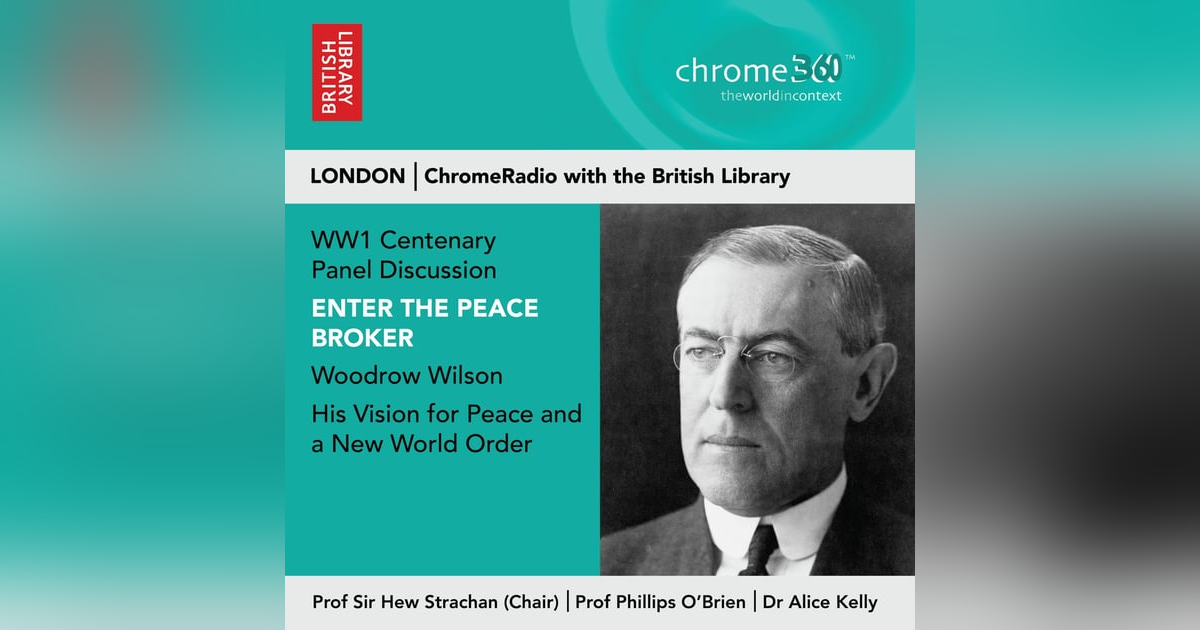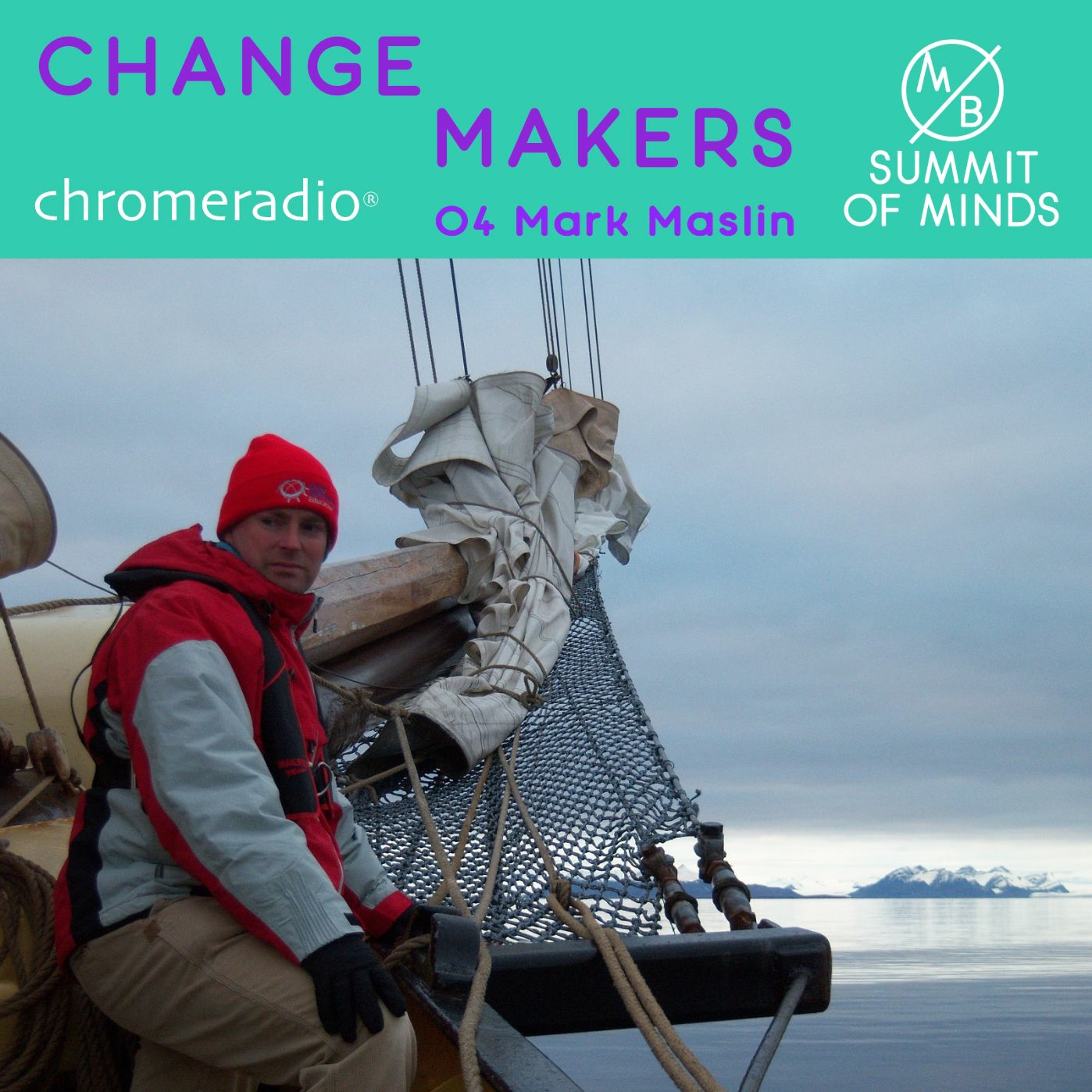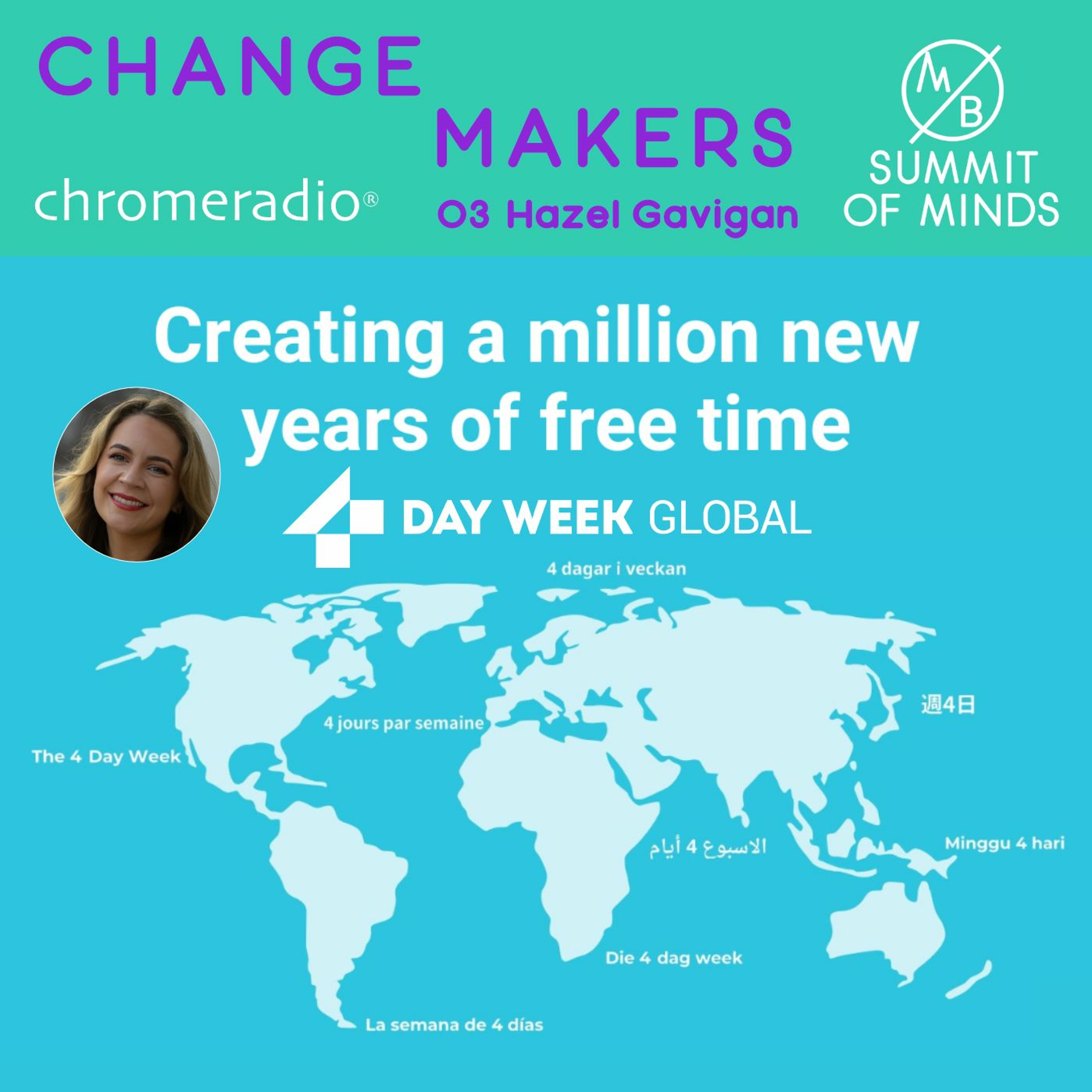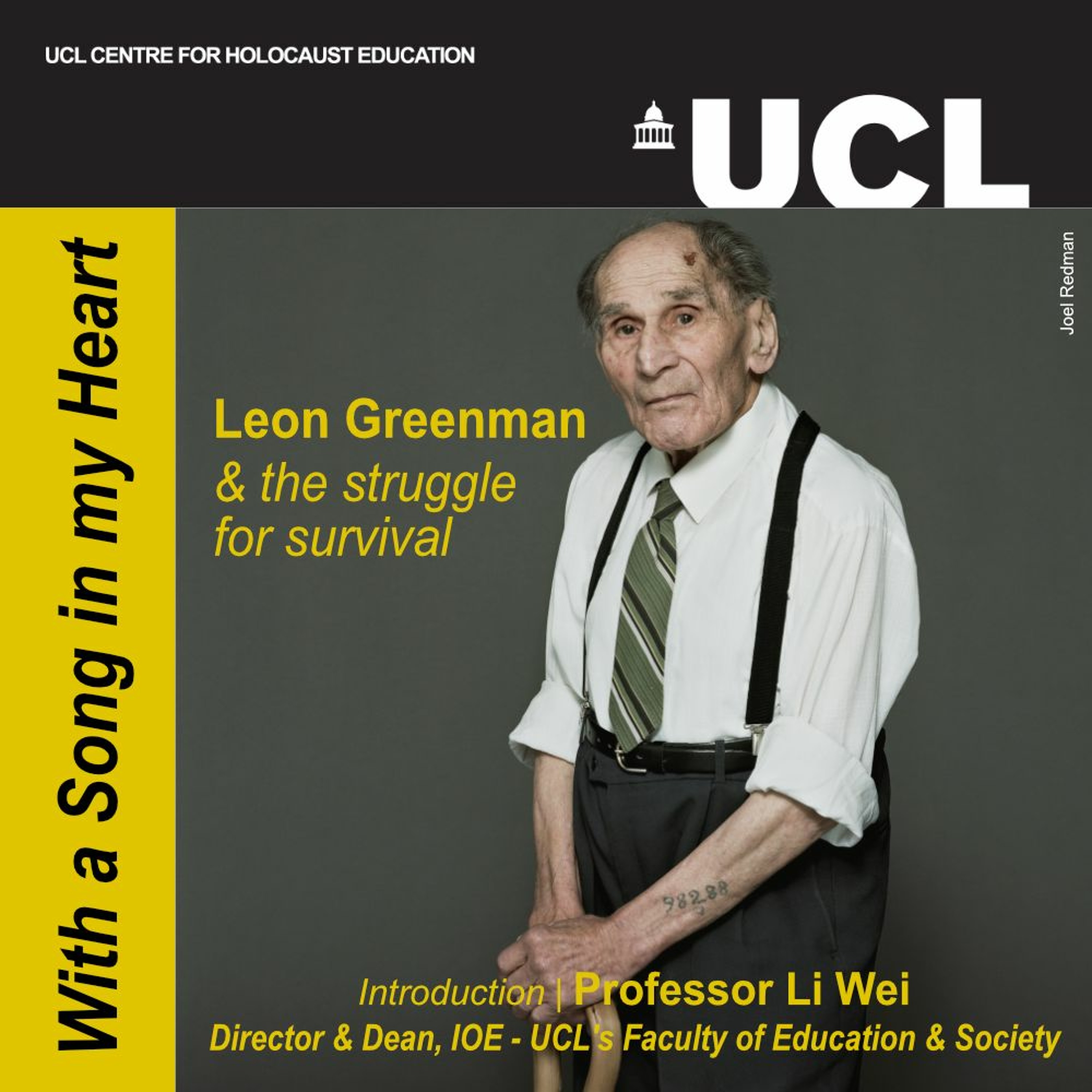Chrome360 | ENTER THE PEACE BROKER | PANEL DISCUSSION | British Library, London

PANEL DISCUSSION | BRITISH LIBRARY, LONDON | 24.0…
PANEL DISCUSSION | BRITISH LIBRARY, LONDON | 24.04.17 PANEL: Professor Sir Hew Strachan (Chair) | Professor Phillips O’Brien | Dr Alice Kelly CONTEXT Throughout the First World War, peace negotiations were conducted alongside visceral military conflict. But in December 1916, with President Wilson’s attempt to arbitrate, the serious push for peace began. DISCUSSION SIR HEW STRACHAN (Professor of International Relations, University of St Andrews), PHILLIPS O'BRIEN (Professor of Strategic Studies, University of St Andrews), and DR ALICE KELLY (Rt Hon Vere Sidney Tudor Harmsworth Postdoctoral Research Fellow on the History of the United States and WW1) on the US vision for peace and a new world order, including: (1) the US/British relationship, in particular, the contention that it was British propaganda that brought the US into the war in 1917, and the subsequent British missions to the US led by Foreign Secretary Arthur Balfour and the press baron, Lord Northcliffe; (2) how President Wilson’s peace initiative shaped the remainder of the war and influenced the terms of the ultimate peace; and (3) the legacy of the US vision for peace and a new world order in WW1 across the long 20th century. HOW THE PEACE BROKER TURNED BELLIGERENT On 1 May 1915, RMS Lusitania left New York bound for Liverpool. Aboard were 1,959 passengers and crew. Only 764 would survive the voyage. On 7 May 1915, as she rounded the south coast of Ireland, German U-boat 20 torpedoed and sank the pride of the Cunard Line in just 18 minutes. Among the dead were 123 Americans. That evening, as the news broke, Colonel Edward House, President Woodrow Wilson’s right-hand man, was dining with US Ambassador Walter Hines Page in London. ‘We shall be at war within a month’, House declared. But Wilson, holding fast to his vision for peace, refused to be provoked and it was not until almost two years later, in April 1917, that the US finally entered the war. By then, Wilson’s attempt to arbitrate in December 1916 had failed and German provocation could no longer be ignored. Germany was waging unrestricted U-boat warfare and the Zimmerman telegram had exposed German attempts to foment war between Mexico and the US. If the US wanted to secure peace, it would have to enter the war. The peace broker had finally turned belligerent. AUDIO CLIPS from ChromeRadio’s podcast drama, ENTER THE PEACE BROKER by Martyn Wade, will illustrate the panel discussion. Based on contemporary diaries, letters and newspaper reports, the drama brings alive America’s journey into WW1, a compelling story of duplicity and diplomatic intrigue. Made with the support of the ROTHERMERE FOUNDATION, the production includes a selection of WW1 songs arranged and performed by mezzo-soprano JESSICA WALKER with JAMES HOLMES on piano. PRODUCTION | ChromeRadio in partnership with the ECCLES CENTRE FOR AMERICAN STUDIES at the BRITISH LIBRARY | Producer - Catriona Oliphant | Post-production - Chris Sharp.







